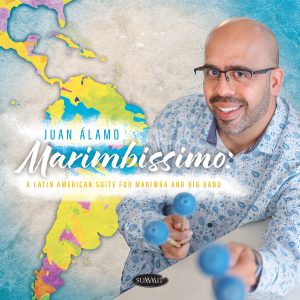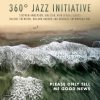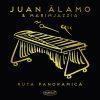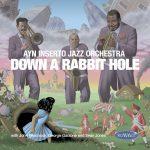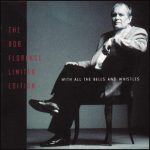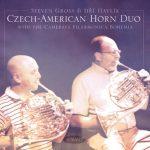Marimbissimo: A Latin American Suite For Marimba And Big Band – Juan Alamo
GENRE: Latin Jazz / COMPOSER: Juan Álamo
Marimbissimo is an eight-movement suite that blends musical and technical elements of contemporary classical marimba literature, Latin American rhythms, and jazz!
THE TUNES:
Encrucijada depicts the feelings of despair and sorrow Juan experienced regarding the wellbeing of his family and friends on the island. This is represented in the piece by the syncopated marimba ostinato, the dissonant harmonies, and angular melodies along with the complex polyrhythmic Afro-Puerto Rican bomba cuembé and yubá corrido rhythms. Ita’ represents the resilient and unbreakable spirit of the Puerto Rican people through the prolonged recovery process. This piece is written in the style of a mambo jazz but with influences from salsa, Cuban timba, and classical. Elegia (Elegy) is an ode to the victims of the hurricane, and it is written in the structure of a minor blues with a rhythmic accompaniment that alternates between an Afro-Cuban batá rhythm called La Lu Banché and cha-cha-cha.
Written in the style of a bossa nova, Little Angel is a musical portrait of Juan’s beloved goddaughter Nilh Callian. The opening rhythmic motives in the bass, piano, and marimba depict her energetic spirit, whereas the lyrical theme presented in the marimba and trumpets represents her innocent and angelic soul. Tupananchiskama (Peruvian Quechua meaning we will see each other again) is a tone-poem dedicated to the memory of Alamo’s dear friend Andrew Lázaro. This piece incorporates an Afro-Peruvian rhythm called Festejo, and it begins with a dialogue between the marimba and the cajón. I Rather Remember You is written in two contrasting parts. The first part is written as a prelude in which the main themes are introduced and then further developed in the second part. One of a Kind was written during the time Alamo’s mom moved to North Carolina in the wake of Hurricane Maria. This composition is written in the style of bebop and inspired by two of his musical heroes, Charlie Parker and Milt Jackson; the rhythmic accompaniment in the piece is based on a Puerto Rican folkloric rhythm called plena.
REVIEW:



